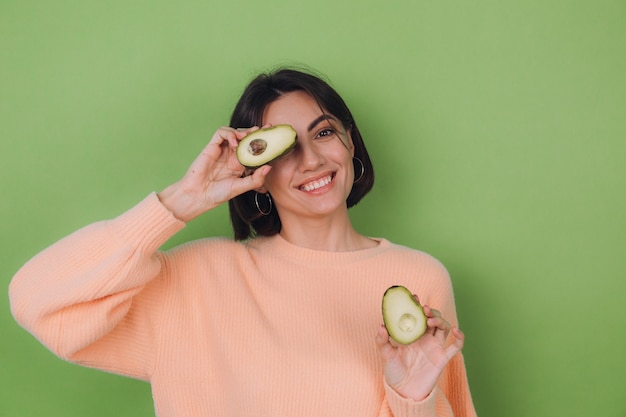
Have you tried out Veganuary this year, or are you thinking about embracing a vegan lifestyle or incorporating more plant-based meals into your routine? Dr. Gemma Newman offers some useful advice to help you navigate this journey.
With so many diets floating around—low fat, high fat, low carb, high carb, vegan, paleo, keto—it can be hard to keep them all straight and decide which one might actually be beneficial. Veganuary is becoming increasingly popular, attracting more participants each year. In 2018, 170,000 people signed up, marking a significant increase from the previous year. By last year, that number had grown to over 250,000, and it’s expected to have risen again this year.
But is a vegan diet healthy, and how is it different from other diets proposed to be beneficial for our health? Historically, there’s been a lot of confusion about nutrition due to mixed messages from the media, food companies, and even health professionals. However, the benefits of eating plenty of fruits and vegetables and prioritizing whole, unprocessed foods are undeniable. It’s important to limit or avoid processed meats, sugary snacks and drinks, and refined grains like white flour and white bread.
While some argue for moderation, it’s clear that this doesn’t apply to everything. Just as you wouldn’t advise smoking in moderation, it’s also wise to avoid processed meats and sugary drinks. For example, processed meats are classified as a Group 1 carcinogen by the World Health Organization, indicating a direct link to cancer risk.
In response to the confusion around diets, Dr. David Katz of the American College of Lifestyle Medicine gathered top nutrition scientists to find common ground. They concluded that a diet rich in vegetables, fruits, beans, nuts, seeds, whole grains, and water is foundational for good health. Comparatively, both paleo and whole food plant-based diets have more similarities with each other than with a typical Western diet.
Heart health is a crucial factor to consider, as heart disease remains a leading cause of death. The whole food plant-based diet is the only one clinically shown to reverse coronary artery blockages within weeks, based on studies like the Lifestyle Heart Trial and the Mount Abu Heart Trial. Despite the dietary shift seeming daunting for those used to the Western diet, transitioning step-by-step to a plant-based diet could be beneficial.
If you’re ready to start eating more plants but not sure how to begin, consider cookbooks like “So Vegan in 5” by Roxy Pope and Ben Pook, which offers simple recipes using just five ingredients. Another great resource is “BOSH!” by Henry Firth & Ian Theasby, which features over 80 vegan recipes.
The journey toward a plant-based diet can be unique depending on your current eating habits. You might start by modifying your favorite dishes, such as swapping chicken for chickpeas in a curry or using lentils instead of beef in a Bolognese. Gradually incorporate more plant-based meals by starting with breakfast or lunch a few times a week, then increasing from there. Those who fully embrace a whole food plant-based diet usually see health benefits within two to three weeks, though initial digestive adjustments may occur.
Renowned organizations like the American and British Dietetic Associations agree that well-planned plant-based diets support health at any life stage and may help prevent major diseases such as heart disease and cancer. These diets are also connected with a reduced risk of chronic respiratory problems and infections during childhood.
Transitioning to a plant-based diet requires attention to nutrient intake, especially in our nutrient-depleted world due to environmental factors. A Western diet is often lacking in vital nutrients like magnesium and fiber, whereas a whole food plant-based diet can be nutrient-dense when properly planned. However, supplements, particularly vitamin B12, may be needed if all animal products are excluded.
Vitamin B12 is crucial, with adults requiring at least 1.5 mcg daily, though supplementation of 10 mcg daily or 2000 mcg weekly is advised. B12 aids in breaking down homocysteine, a protein linked to heart issues, and can be sourced from fortified foods or supplements. Other considerations include vitamin D and omega-3s from algae to support heart health without the environmental toxins found in fish.
Finally, flaxseeds are an excellent addition for heart health. Incorporating just one or two tablespoons daily into meals can have significant benefits.
Dr. Gemma Newman has extensive experience in medicine and has been serving as a Senior Partner at a family medical practice for 10 years. She studied at the University of Wales College of Medicine and has worked across various medical specialties.